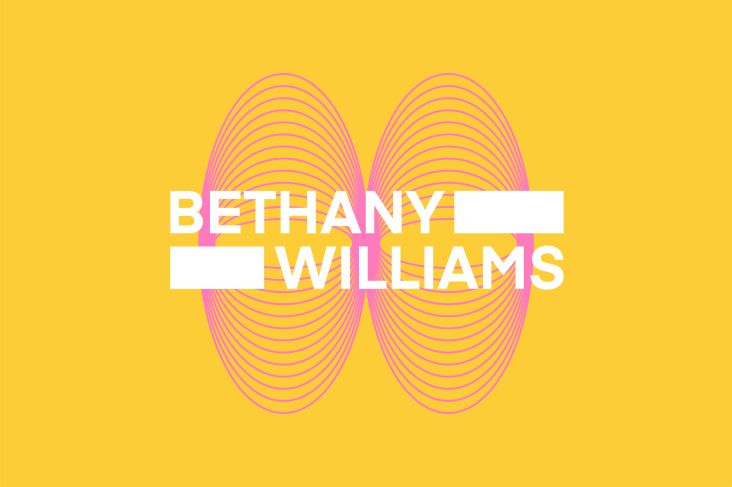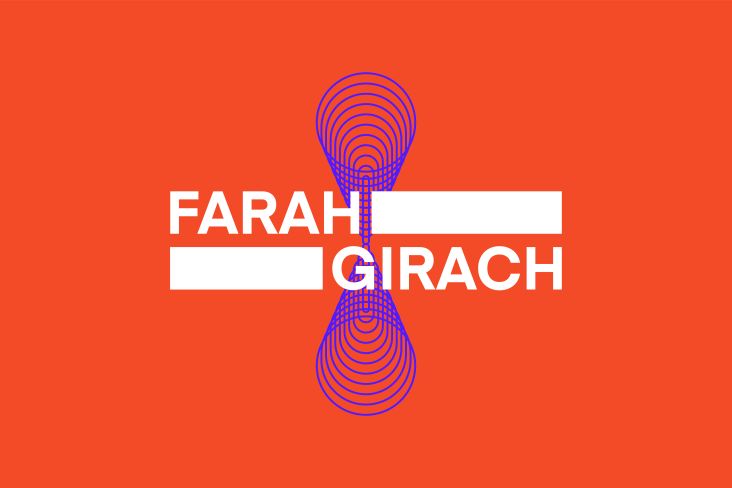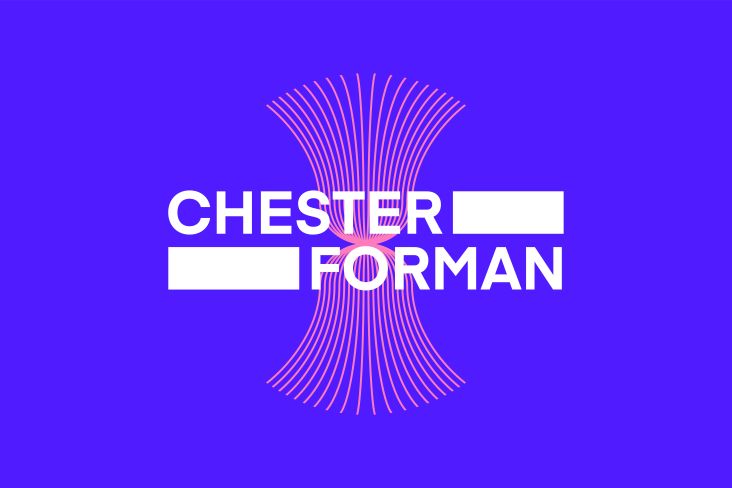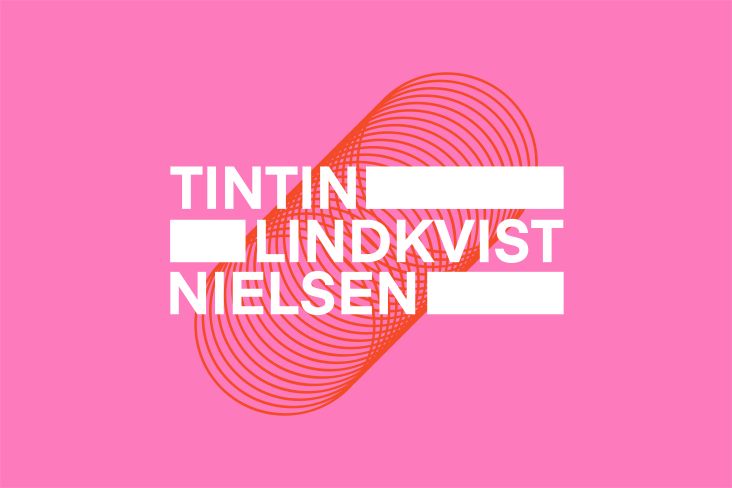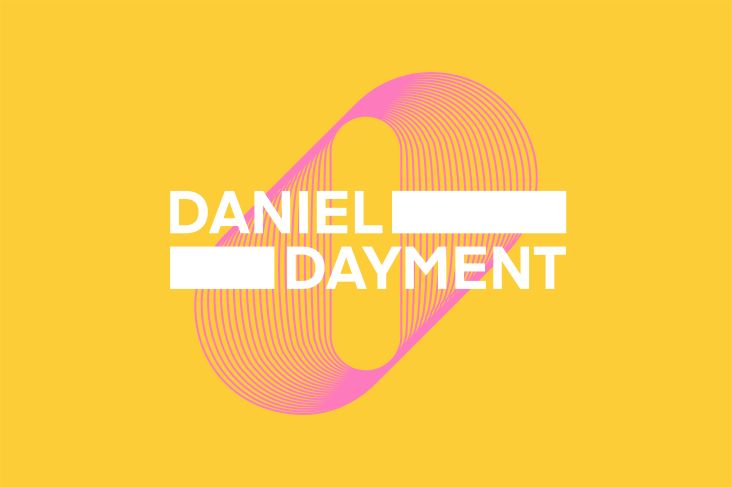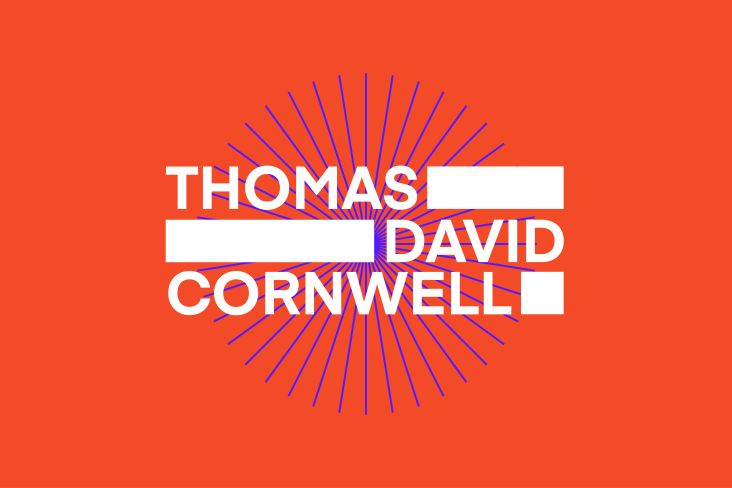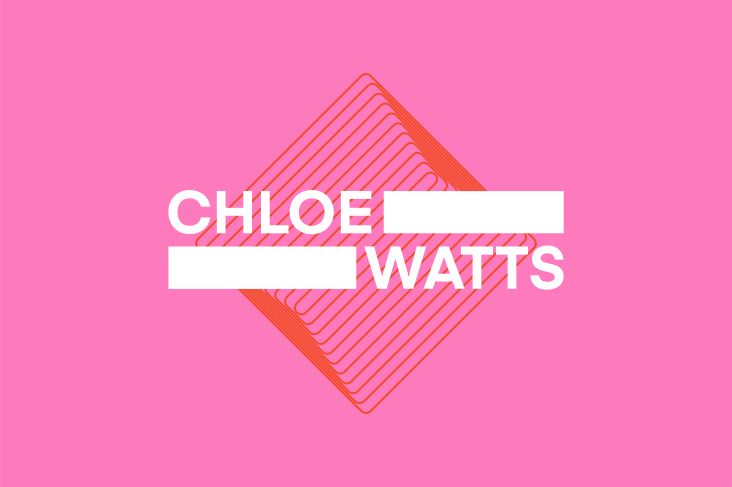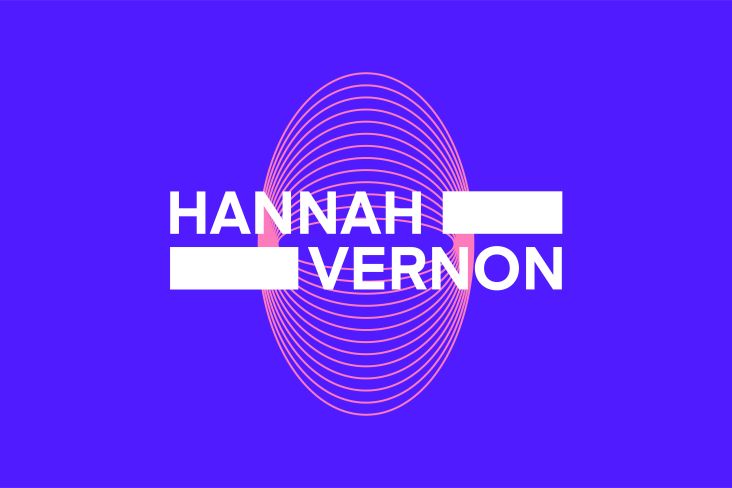Introducing: Alicia Perkins on a newfound comfort with silence and how isolation has benefited her work
It's summer, which can only mean one thing: graduate shows! As creatives display their best work up and down the country, we're highlighting the brightest artistic talent currently pouring out of our universities, including illustrator Alicia Perkins.
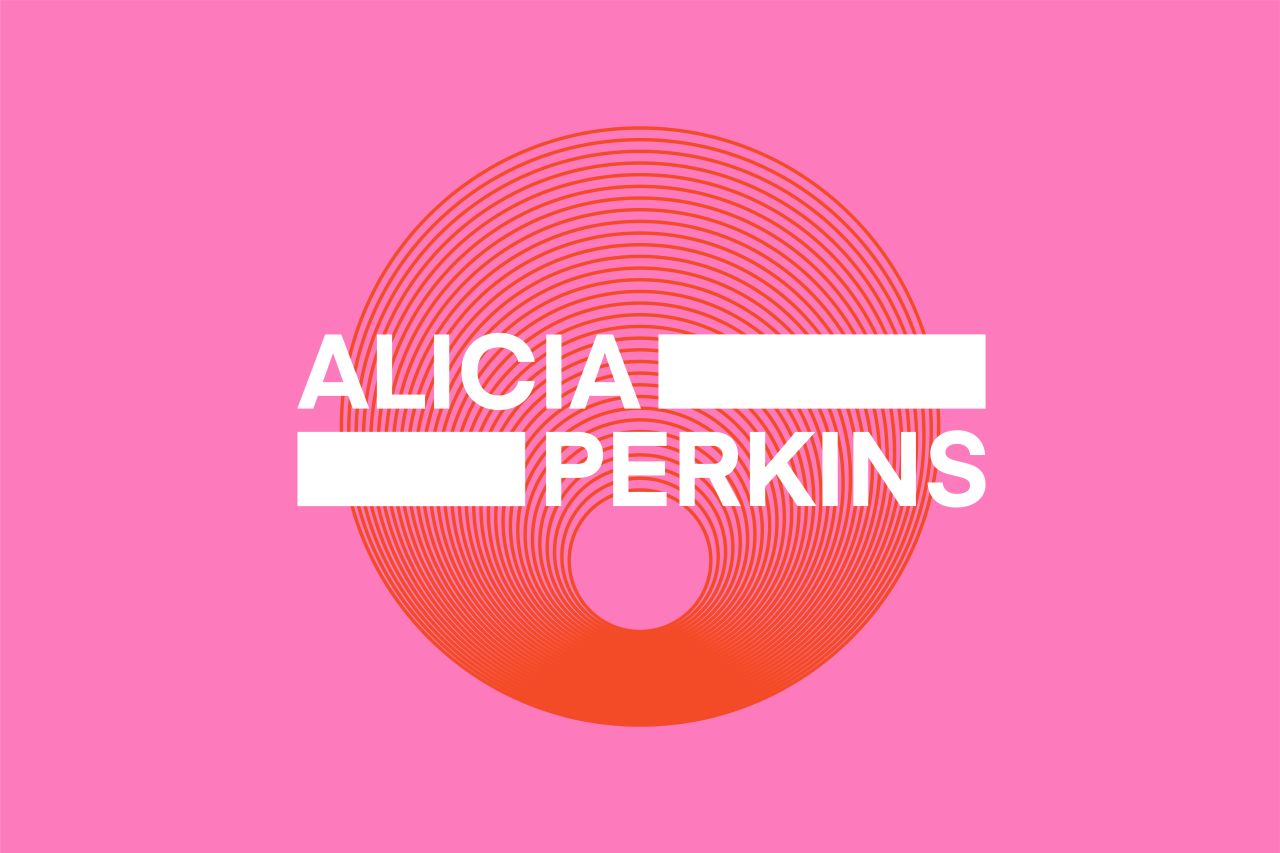
As terms come to a close, art graduates have been showcasing the fruits of their studies via annual university showcases. And to keep you up to date with the rising stars you can expect to see much more from in the future, here at Creative Boom, we have singled out 12 of the best emerging creatives you need to know.
Of course, everyone who is graduating this year needs special recognition. Having spent part of their studies under lockdown restrictions, anybody emerging from university into the world of work in 2022 has shown incredible fortitude, not to mention incredible artistic skill.
But for now, we're turning your attention to Alicia Perkins. Originally from the sleepy south English village of Lambourn, Alicia relocated to Falmouth University to pursue her artistic interests. Settling on illustration as her path of choice, Alicia has developed a rich, painterly style that's bursting with a vibrant and considered use of colour.
To learn more about Alicia's journey, including the surprising benefits provided to her by Covid-19, we caught up with her after her graduate showcase.
Where did you grow up? Tell us about your childhood.
I grew up in Lambourn. It's a small village in the south of England. It was a very quiet place to live. It was not surrounded by much, and I spent a lot of time with my head in the clouds.
I have been obsessed with art in some shape or form ever since I can remember. I don't know where this inspiration came from it. My family were not particularly creative. I did not grow up with art in my house. I remember being fascinated by my grandpa's watercolour paintings that would be on the walls of my house. Even when my parents haven't understood what I do or when my art deviates from fine art, they have always supported me. They want me to be able to be passionate and enjoy my career choices and not to do something purely because I should.
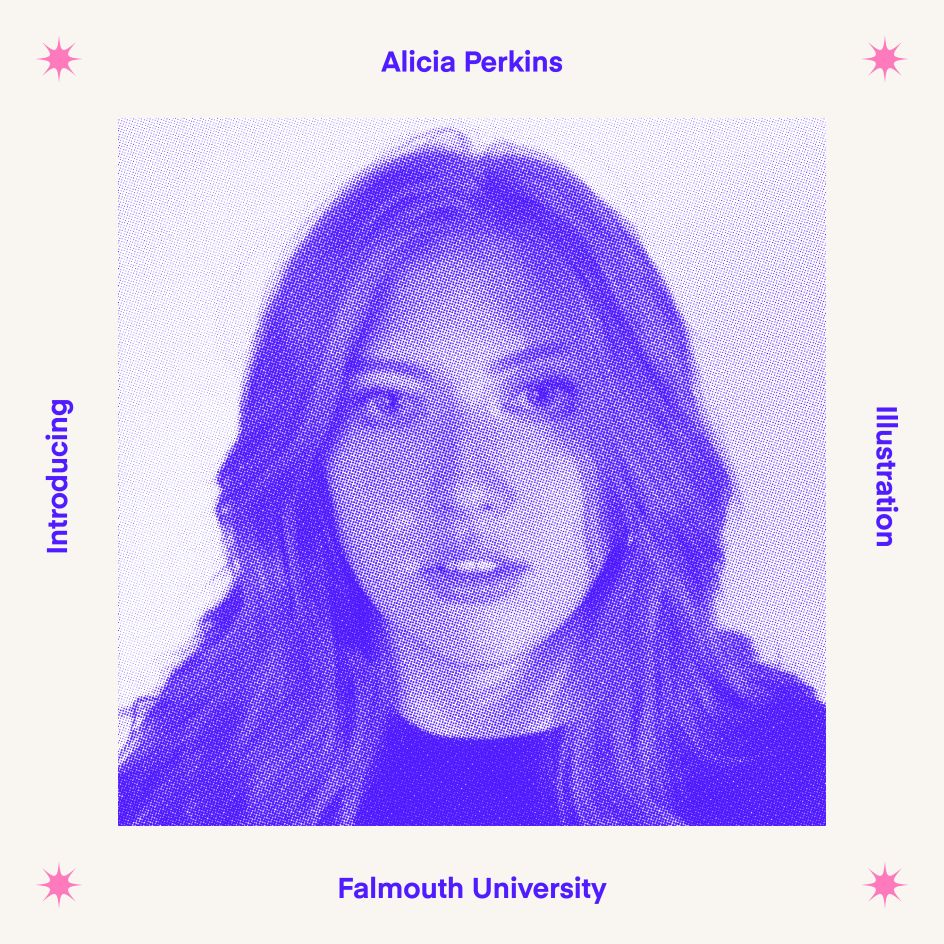
How did you get into illustration?
I got more specialised in the field when I hit university. I had dabbled before the degree in elements of my fine art and graphic design courses at A-level. Although I have always been sure of art, I had never been sure what form that would take as a career path until I stumbled onto illustration. It was interesting to see how the art had ideas and stories behind it and could be so versatile in a broad showcase of what illustration could be.
I was immediately drawn to editorial from the first term of uni. I enjoyed the short turnaround, the constant waves of new ideas with new topics, and I also enjoyed how I could convey messages I was passionate about in an art piece and could provoke something from the viewer. Editorials meant never being bored with the constant move to the next topic.
However, over my years at Falmouth, I explored other areas I enjoyed, such as book covers and packaging. They help tell a story that will make you pick that item up, which always reminds me of when I was a young girl fascinated by any book or thing to do with art.
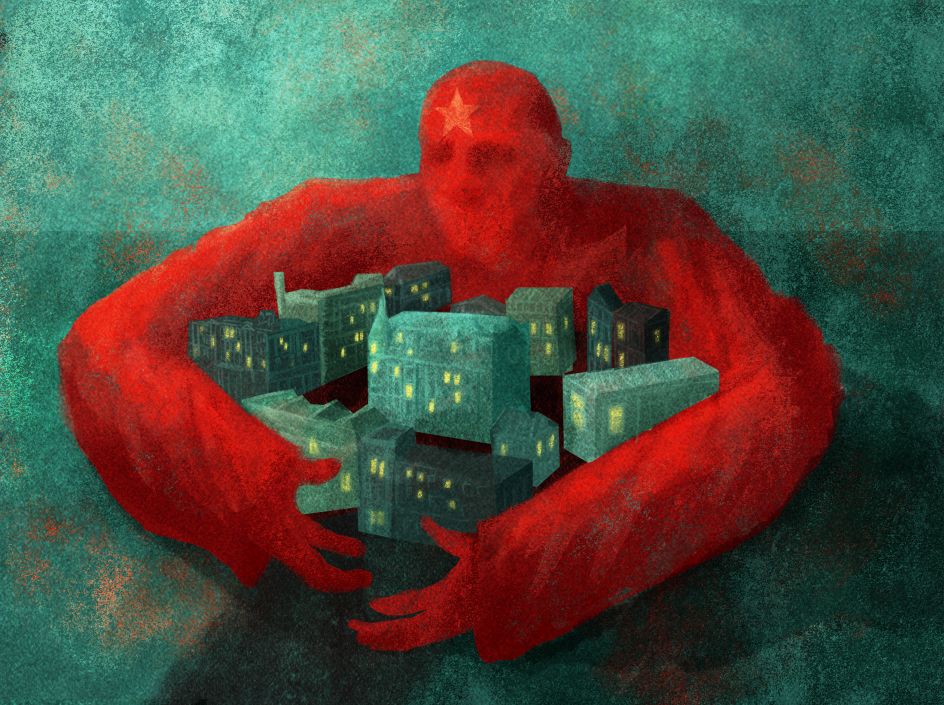
© Alicia Perkins
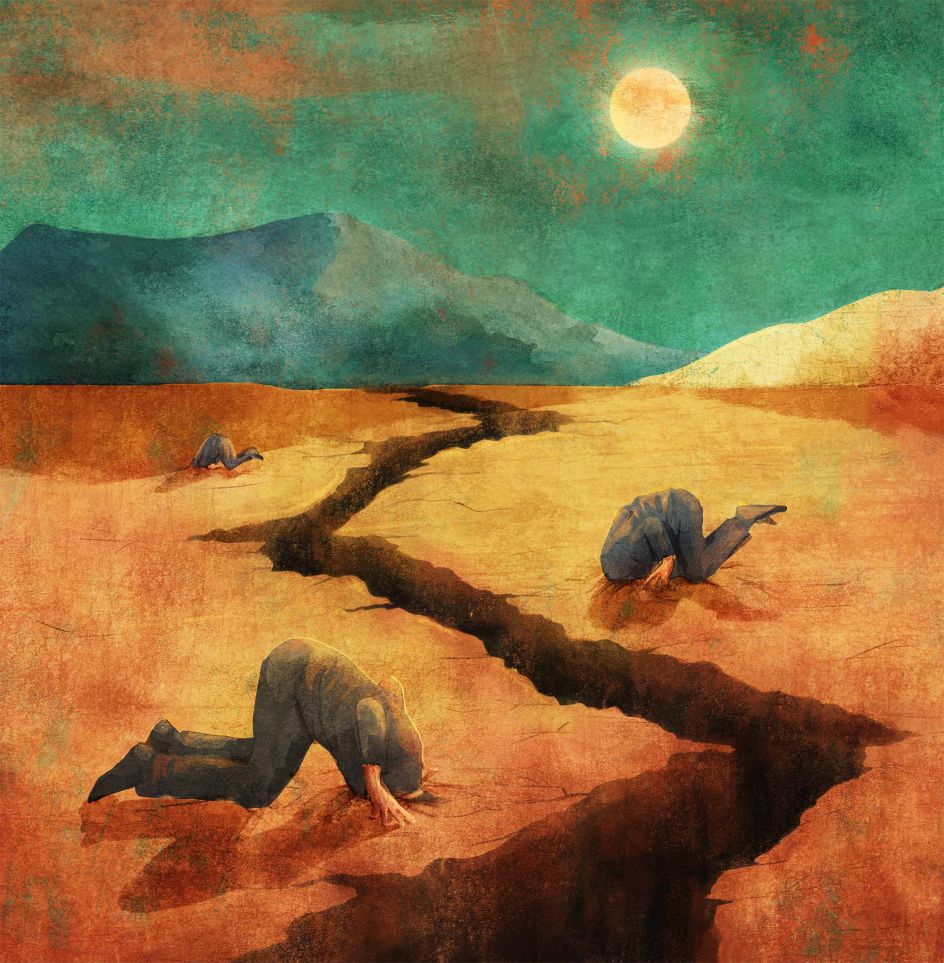
© Alicia Perkins
Why did you choose your course and university?
I chose illustration as a course because it allowed me the capacity to leave my options quite open in terms of how my art will look, and it's such a diverse course that ranges from editorial illustration and packaging design to designing whole books. The course sounded interesting and sounded like a leap I wanted to take. I chose Falmouth's illustration course because I believed it to be one of the most enjoyable course visits I had. I liked having my own desk, so I had guaranteed desk space. Also, who doesn't like being a ten-minute walk from the beach?
What has the experience been like, especially during a global pandemic?
I can't say I coped well through the pandemic. I struggled to remain productive during this time, especially at uni. I moved back home for a big part of the uni year because it was a more social environment which improved my overall mental state, which in turn helped with work. I owe Covid my style, though.
Having the confines of my bedroom pushed me to explore digital painting, which I had never tried before uni and is now my current style. I was not very good to start with, and I may not have continued experimenting with it if it had not been for Covid.
I still feel like I'm adjusting to it. It has changed me forever. It forced me to work through the many feelings I avoided by staying busy and socialising. I didn't like being in my thoughts before the pandemic like I did when I was a child, and now after being forced to be alone so much, I got used to it eventually. Being more comfortable with silence and my own thoughts has actually helped my illustrations as I now can just sit and think about ideas which has made my work much stronger conceptually.
You're displaying your work at the graduate show this month. What's it about?
At the graduate show, I displayed a mixture of my favourite projects I created the briefs for over the third year. They were mainly editorials and packaging designs that were my best pieces.
The editorial illustrations I did were based on subjects that interested me. For example, the Ukraine editorial had a different approach than some people since I am incredibly interested in history. I referred to the Berlin blockade as it's similar to how Putin is trying to keep Ukraine hostage and wants it for it himself. Since the article I was reacting to was about the historical disputes over Ukraine and the USSR, it triggered that line of thinking.
This project shows how my use of colour can be so important since the figure is this anonymous red person with the Kremlin star on its forehead. Red is a signifier of the USSR flag and is a colour we culturally still associate with Russia. I also used an off-blue for the background to avoid looking just like primary colours and to represent the Ukraine flag because the buildings were blue with yellow lights.
Other projects varied from climate change editorials to packaging designs for beer and candles. I wanted to show my range and the subjects I was passionate about in the graduate show.
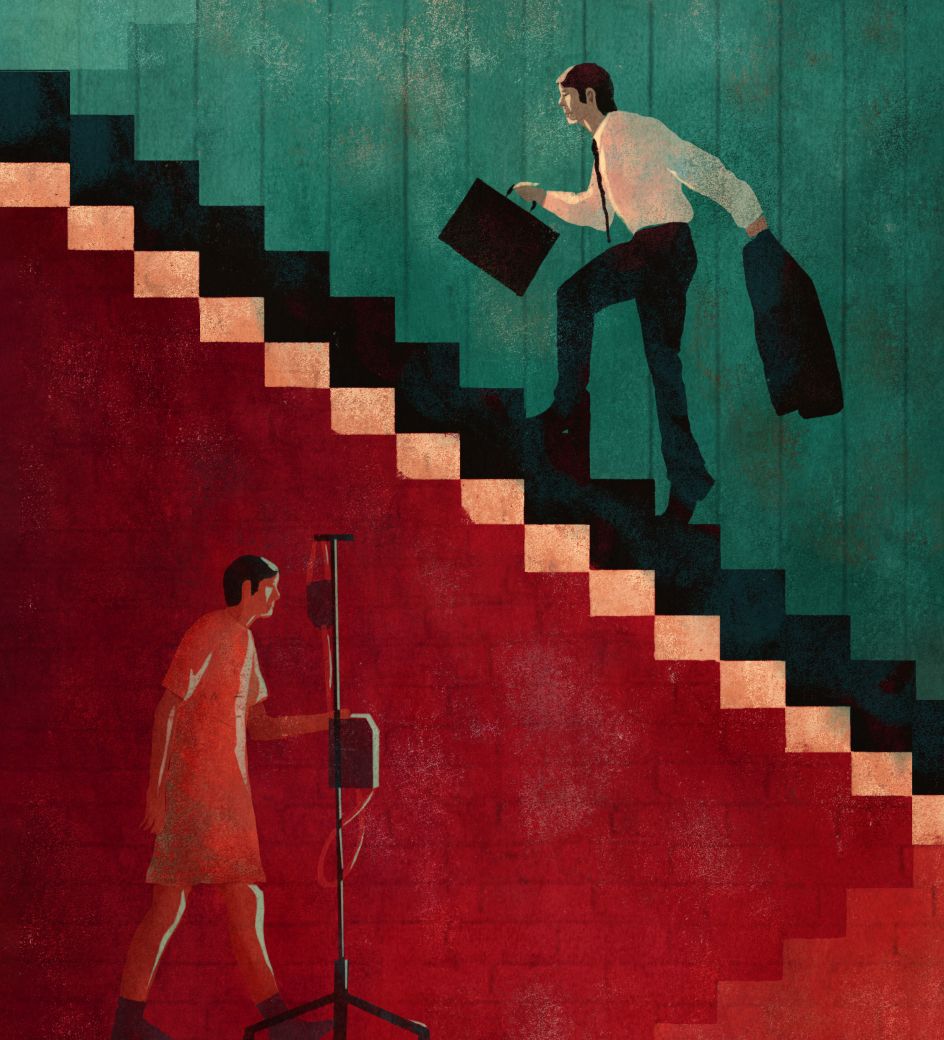
© Alicia Perkins
Can you describe your style in your own words?
My style is quite painterly, probably from my years as a painter. I love texture and colour, and I don't like modern or sleek Isometric design. My style is a form of digital painting where I build up the textures and colours layer by layer, adding and reducing. My drawing style has become much more vague and loose since my final year, but I feel it aids the style by creating more fluidity within it. Colour is important to my work, as I feel it is crucial when creating an atmospheric piece. It means my colour palettes are always well thought out.
When the talk of style first came to me at uni, I couldn't understand how you wouldn't get bored drawing the same way every time and how a style could feel like yours. At first, it felt a little forced. I tried, kept experimenting and ended up with something that feels authentic to me. It's just a mixture of all the elements of art I love, the texture and the painterly feel.
Who or what inspires you?
I'm often inspired by the world and how we inhabit it. I have always been curious about people and their little life stories and how we have this unique history with cultural shifts and have such complex systems as politics. I feel inspired to make people feel things through my art.
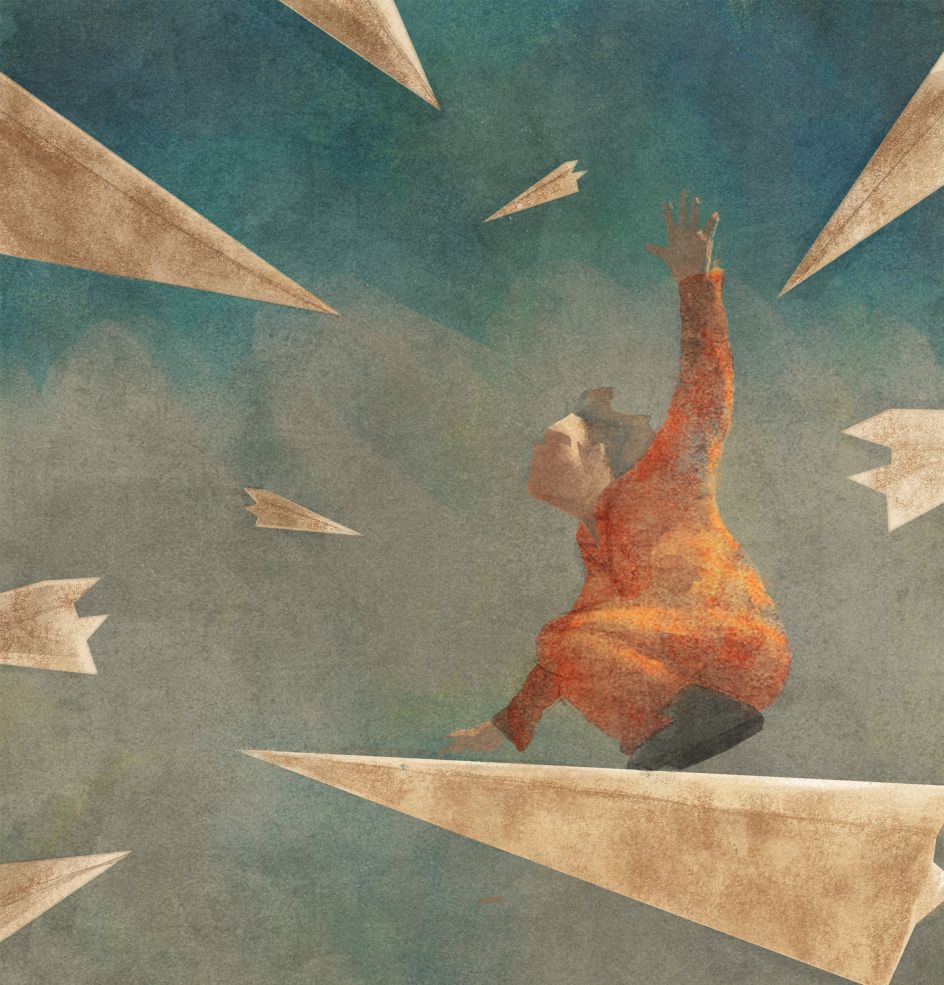
© Alicia Perkins
What do you hope to do with your career?
With my career, it is ultimately freelancing illustration full time that's the goal. I love the lack of restriction it could potentially give me – never to be locked down to one location and that I could do this anywhere in the world. While fresh out of uni, I might try a more design or in-house position. I want to support myself in any creative capacity, and these types of jobs would also allow me to practice and vary my skills. With my career, whatever form it takes, I hope to be creating in some form.
How do you feel about graduating in the summer of 2022? What are your hopes?
Graduating is a mixture of terror and excitement. You are suddenly available to the whole world. The only thing directing you is you. It has brought some exciting opportunities, such as this interview. I don't feel ready to leave uni yet, I was just starting to understand my style, and there is still so much more for me to learn and improve on; however, I felt like it was time to move on from an academic setting that wasn't helping me develop anymore. It hindered me because my creative process didn't always align with the criteria.
I hope that there will be many more exciting opportunities, that I make the most out of every single one, and that I can keep working towards my goals. With graduation and Covid restrictions lifting, I'm beginning to think about how I want to live my life and that I don't have to conform to a traditional life just because that is what my friends are doing. I could take my love of travel more seriously and move abroad. Finally, leaving education has made me think about what goals I want to work towards and how I can get myself there.
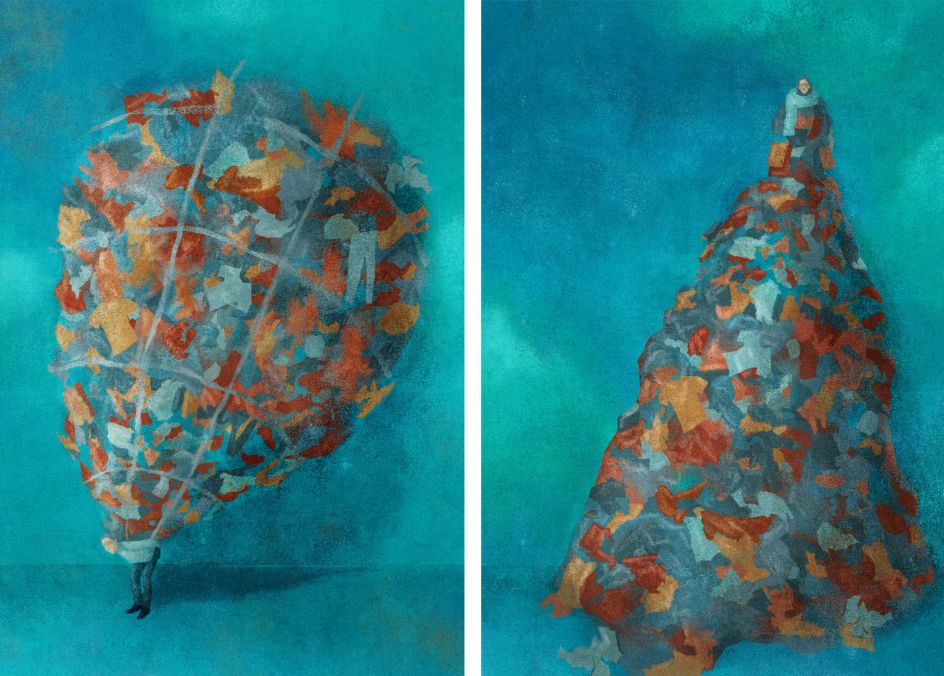
© Alicia Perkins
And what are your fears?
My fear of graduating is not getting enough work and not making the most of being a fresh graduate as I can. I fear that getting another type of work will make me less creative, and I will stop drawing as much. I have been trying to continue my own projects after uni to keep me engaged in my creative discipline.
What advice would you give to others following you into the industry?
I find it so strange to be asked for advice. For the last few months, that's all I have been doing from illustrators, teachers and creative directors on what my next steps should be. If you want to create your best work, find what you are passionate about – something that makes you get excited to do a brief for it. Personally, my best work was on stuff I was interested in, even if it was just a movie I loved.
You'll do plenty of work just for money, but the pieces you are inspired by will be what people remember you for because they will grab their attention.

















